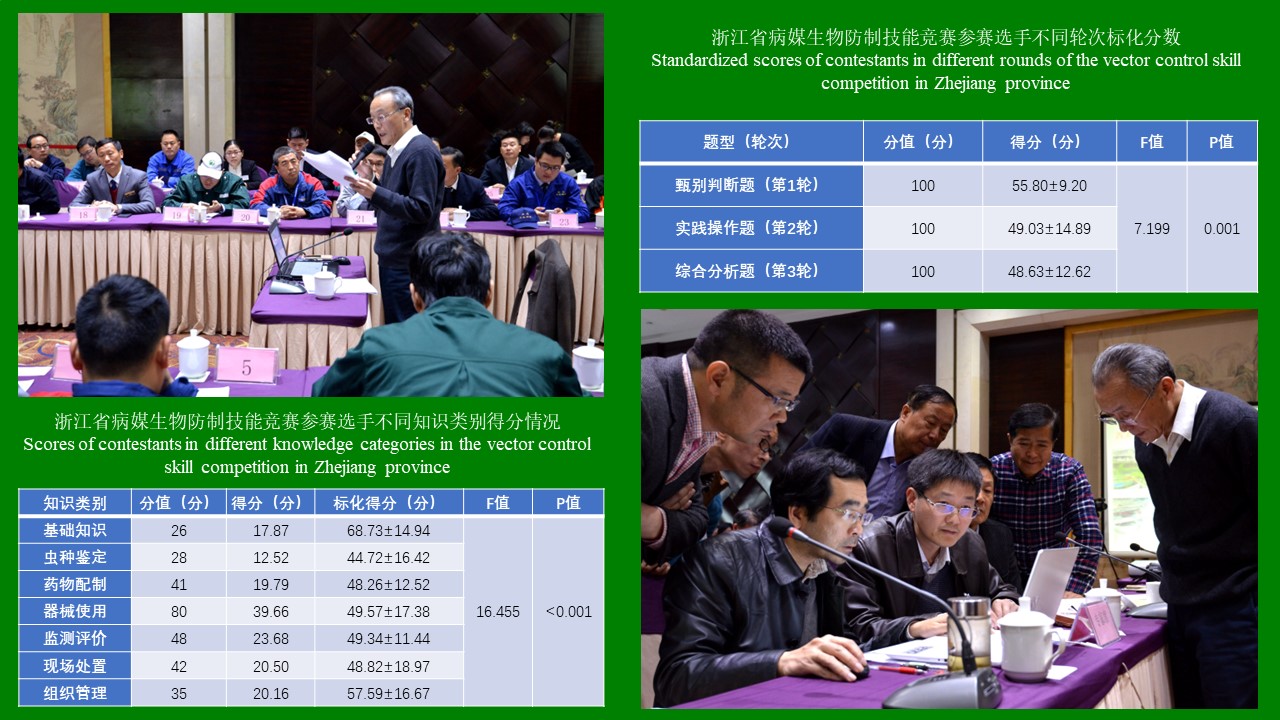 PDF(1051 KB)
PDF(1051 KB)


 PDF(1051 KB)
PDF(1051 KB)
 PDF(1051 KB)
PDF(1051 KB)
浙江省病媒生物防制从业人员能力评估及培训需求分析
 ({{custom_author.role_cn}}), {{javascript:window.custom_author_cn_index++;}}
({{custom_author.role_cn}}), {{javascript:window.custom_author_cn_index++;}}Ability assessment and training demand analysis of vector control practitioners in Zhejiang province,China
 ({{custom_author.role_en}}), {{javascript:window.custom_author_en_index++;}}
({{custom_author.role_en}}), {{javascript:window.custom_author_en_index++;}}
| {{custom_ref.label}} |
{{custom_citation.content}}
{{custom_citation.annotation}}
|
/
| 〈 |
|
〉 |